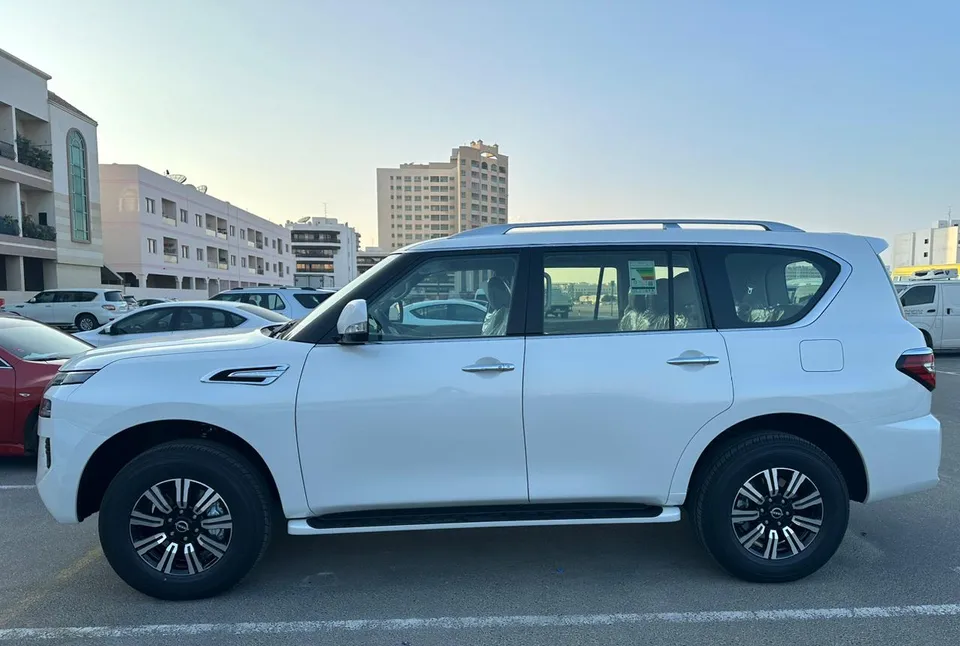What are the pros and cons of renting a car in Dubai?

Navigating the Desert City: Renting a Car in Dubai – Pros, Cons, and Everything in Between
Dubai, the land of soaring skyscrapers, luxurious experiences, and sprawling deserts, beckons travelers with its unique blend of modern marvel and ancient tradition.

While exploring the city through its efficient public transportation system or readily available taxis is certainly an option, many visitors consider renting a car to unlock the true freedom and flexibility of exploring at their own pace. But is rent a car in Dubai the right choice for you? To help you decide, let’s delve into the key pros and cons:
Pros

- Freedom and Flexibility: With a car, you’re the master of your itinerary. Explore the city’s diverse neighborhoods, venture beyond the urban sprawl to historical sites like Hatta, or embark on a desert safari adventure – all on your own terms. No more waiting for taxis or adhering to bus schedules.
- Convenience and Comfort: Escape the heat and dust, especially during peak summer months, by enjoying air-conditioned comfort as you travel. Pack groceries, souvenirs, or beach gear without worrying about public transport restrictions.
- Cost-Effective for Groups: If you’re traveling with family or friends, splitting the rental cost and fuel expenses can be more economical than individual taxi fares, especially for longer journeys or multiple destinations.
- Unique Experiences: Access hidden gems and off-the-beaten-path attractions unreachable by public transport. Drive along the scenic coastal roads, visit traditional souks in Deira, or explore the vastness of the desert – experiences best enjoyed with the freedom of a car.
- Luxury Options: Dubai boasts a wide range of rental cars, from budget-friendly sedans to high-end luxury vehicles. Treat yourself to a once-in-a-lifetime drive in a Lamborghini or Rolls-Royce, making your Dubai experience truly unforgettable.
Cons

- Traffic and Navigation: Dubai’s roads can get congested, especially during peak hours. Be prepared for heavy traffic, particularly on Sheikh Zayed Road. Familiarity with the city’s layout and navigation skills are crucial to avoid getting lost.
- Parking Challenges: Finding parking, especially in popular tourist areas and during peak hours, can be challenging and expensive. Metered parking and multi-story car parks add to the overall cost.
- Driving Regulations and Fines: Strictly adhere to local traffic rules and regulations, which can differ from your home country. Be aware of speed limits, designated lanes, and hefty fines for violations.
- Fuel Costs: Fuel prices in Dubai are comparable to most Western countries. Factor in fuel costs when calculating your overall budget, especially for longer journeys.
- Car Rental Costs: While budget-friendly options exist, renting a car in Dubai can be more expensive than public transport, especially with added costs like insurance and parking. Research and compare deals from different rental companies.
Additional Considerations:

- International Driving Permit: An International Driving Permit (IDP) is required alongside your home country’s driving license for renting a car in Dubai.
- Insurance: Opt for comprehensive insurance coverage to protect yourself against unforeseen accidents or damages.
- Car Type: Choose a car size suitable for your group and luggage needs. Consider fuel efficiency, especially if planning extensive exploration.
- Car Rental Company: Choose reputable and licensed companies with clear rental terms and conditions. Read reviews and compare pricing before booking.
Ultimately, the decision to rent a car in Dubai depends on your individual needs, travel style, and budget. Weigh the pros and cons carefully, considering your comfort level with navigating unfamiliar roads and adhering to strict traffic regulations. If you value flexibility, convenience, and the freedom to explore beyond the typical tourist trail, renting a car might be the perfect way to unlock the true magic of Dubai.
Bonus Tip: Download offline maps and navigation apps like Google Maps or Waze to aid your journey, especially if you encounter internet connectivity issues.
FAQs: Renting a Car in Dubai
Who can rent a car in Dubai?
- Residents: Must have a valid UAE driver’s license and be at least 21 years old. Some companies require additional documents like Emirates ID and proof of income.
- Tourists: Must have a valid passport, tourist visa, and International Driving Permit (IDP) along with their home country driver’s license. Age requirements vary, with some companies requiring 25+ for specific car types.
What documents do I need to rent a car?
- Residents: Passport copy, residence visa, valid UAE driver’s license, Emirates ID copy, proof of income (may vary).
- Tourists: Passport, tourist visa, valid home country driver’s license, International Driving Permit (IDP).
What types of insurance are available?
- Collision Damage Waiver (CDW): Covers damage to the car, usually with an excess (deductible).
- Super Collision Damage Waiver (SCDW): Reduces or eliminates the excess on CDW.
- Personal Accident Insurance (PAI): Covers medical expenses in case of an accident.
- Theft Protection: Covers theft of the car.
What are the fuel policies?
- Most rentals are on a full-to-full basis. Return the car with a full tank or pay the difference.
- Some companies offer pre-paid fuel options at a fixed rate.
What are the parking options?
- On-street metered parking: Pay by hour using app or card.
- Multi-story car parks: Pay per hour or daily rates.
- Hotel parking: Varies, can be expensive.
What are the tolls on the roads?
- Salik toll gates operate on major highways. Register your rental car online or pay tolls automatically through a Salik tag included by some companies.
What are some safety tips for driving in Dubai?
- Strictly adhere to speed limits and traffic regulations.
- Be aware of designated lanes and aggressive driving behavior.
- Avoid driving during peak hours if possible.
- Use headlights at night and during sandstorms.
- Always wear a seatbelt.
How can I save money on renting a car?
- Book in advance for better deals.
- Compare prices from different rental companies.
- Choose a fuel-efficient car.
- Opt for basic insurance coverage if comfortable with the risk.
- Avoid peak season rentals when prices are higher.









